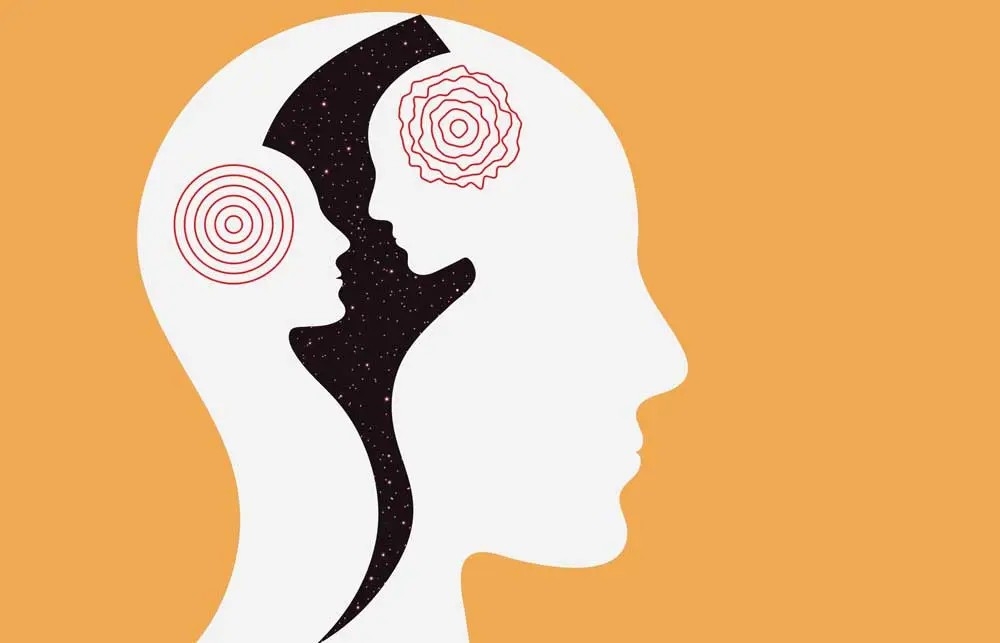The Role of Therapy Alongside Medications for Bipolar Disorder

Bipolar disorder is a complex mental health condition that requires a multifaceted approach to treatment. While medications are a cornerstone of managing this disorder, therapy plays an equally important role in achieving long-term stability and improving quality of life. Combining both strategies creates a comprehensive treatment plan tailored to individual needs - click here
Understanding Bipolar Disorder
Bipolar disorder is characterized by extreme mood swings, including manic episodes of elevated energy and euphoria, and depressive episodes marked by sadness and lethargy. This condition affects millions of individuals globally, often disrupting their personal, professional, and social lives. Medications, such as mood stabilizers and antipsychotics, are vital in regulating these mood swings, but they cannot address all aspects of the disorder on their own.
Why Medications Alone Are Not Enough
While medications are highly effective in managing the chemical imbalances associated with bipolar disorder, they primarily address the biological aspects of the condition. However, bipolar disorder also has significant psychological, emotional, and behavioral dimensions. Without therapy, individuals may struggle to:
-
Recognize triggers for mood swings.
-
Develop coping mechanisms for stress and emotional distress.
-
Build healthy relationships and communication skills.
-
Address the emotional toll of living with a chronic condition.

The Benefits of Therapy for Bipolar Disorder
Therapy complements medications by addressing the psychological and behavioral aspects of bipolar disorder. Some key benefits include:
1. Gaining Insight Into the Disorder Therapy helps individuals understand their condition, including the patterns of their mood swings and how external factors may influence these changes. This self-awareness is crucial for managing symptoms effectively.
2. Developing Healthy Coping Strategies Cognitive-behavioral therapy (CBT) is especially effective in teaching skills to manage negative thought patterns and behaviors. It helps individuals replace unhealthy reactions with constructive responses.
3. Improving Communication Skills Therapy often includes interpersonal strategies that enhance communication and conflict resolution. This is particularly important for those whose relationships may be strained due to the symptoms of bipolar disorder.
4. Preventing Relapse With therapy, individuals can learn to identify early warning signs of mood episodes and take proactive steps to prevent relapses. This might involve lifestyle adjustments, stress management techniques, or reaching out for support.
5. Addressing Co-Occurring Issues Many people with bipolar disorder also experience anxiety, substance abuse, or other mental health conditions. Therapy can provide tools to address these challenges alongside bipolar disorder.
Types of Therapy for Bipolar Disorder
Several types of therapy have proven effective in treating bipolar disorder, including:
Cognitive-Behavioral Therapy (CBT) CBT focuses on identifying and changing negative thought patterns and behaviors. It equips individuals with practical skills to manage stress and emotional challenges.
Dialectical Behavior Therapy (DBT) DBT is particularly helpful for those with severe mood swings. It emphasizes mindfulness, emotional regulation, distress tolerance, and interpersonal effectiveness.
Family-Focused Therapy (FFT) FFT involves family members in the treatment process to improve communication, reduce conflict, and create a supportive home environment.
Interpersonal and Social Rhythm Therapy (IPSRT) This therapy helps individuals establish stable daily routines and improve interpersonal relationships, which can significantly reduce the risk of mood episodes.
How The Rx Advocates Can Help
Accessing the right medications for bipolar disorder can be a challenge, particularly due to high costs. This is where The Rx Advocates can make a difference. As a nationwide advocacy service, The Rx Advocates assists individuals in applying for Patient Assistance Programs offered by pharmaceutical companies. These programs enable qualifying individuals to receive brand-name medications at no cost, ensuring uninterrupted access to essential treatments.

By removing financial barriers to medications, The Rx Advocates allows individuals to focus on integrating therapy into their treatment plan. Together, therapy and medications provide a holistic approach that supports both the mind and body.
Combining Therapy and Medications for Better Outcomes
Research consistently shows that the combination of therapy and medications yields better outcomes for individuals with bipolar disorder compared to either approach alone. Medications stabilize mood, while therapy addresses the underlying psychological and behavioral challenges. This integrated approach empowers individuals to:
-
Maintain a balanced lifestyle.
-
Strengthen personal relationships.
-
Achieve long-term stability and well-being.
The Importance of Personalized Treatment
Each individual’s experience with bipolar disorder is unique. What works for one person may not be effective for another. This is why personalized treatment plans that include both medications and therapy are essential. Working closely with mental health professionals ensures that treatment is tailored to meet specific needs and goals.
Taking the First Step
Living with bipolar disorder can be challenging, but help is available. Combining therapy and medications provides a strong foundation for managing the condition effectively. Organizations like The Rx Advocates play a crucial role in making medications accessible, allowing individuals to focus on building a better quality of life through therapy and support.
By seeking professional guidance and embracing a comprehensive treatment plan, those with bipolar disorder can navigate the path to stability and fulfillment. It’s never too late to take the first step toward a brighter future.
- Industry
- Art
- Causes
- Crafts
- Dance
- Drinks
- Film
- Fitness
- Food
- Παιχνίδια
- Gardening
- Health
- Κεντρική Σελίδα
- Literature
- Music
- Networking
- άλλο
- Party
- Religion
- Shopping
- Sports
- Theater
- Wellness
- News


